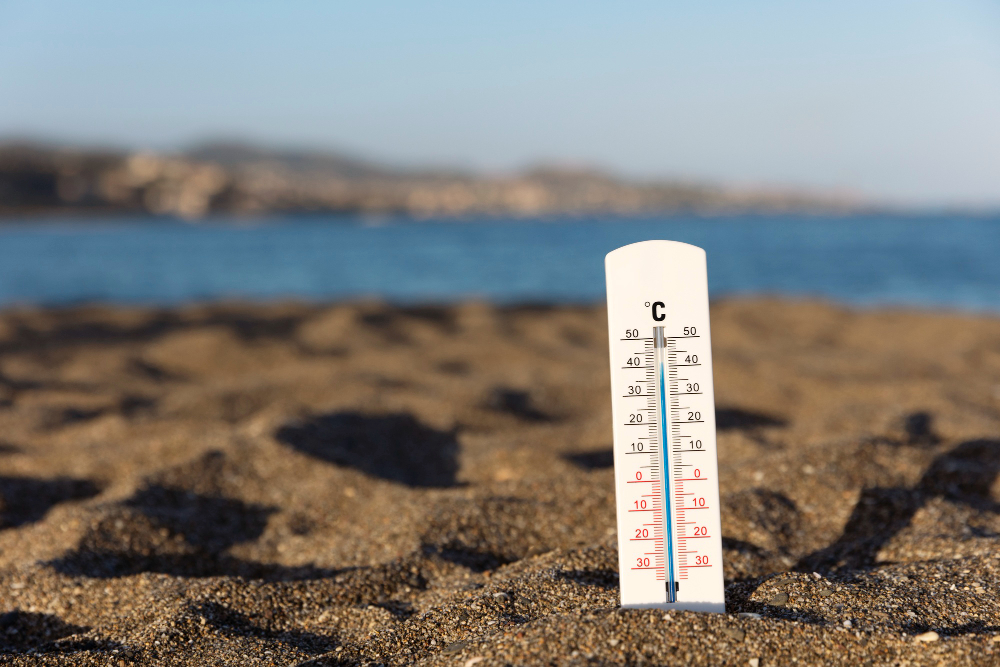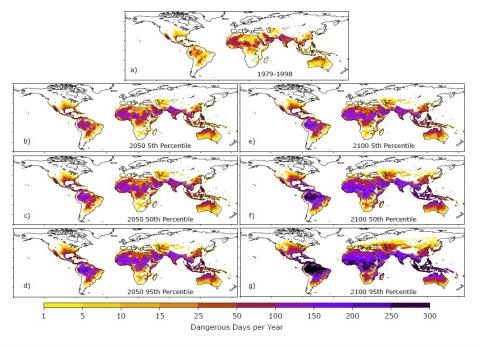Most indices that estimate the severity of a heatwave are insufficient, study finds
Scientists in Hong Kong have studied the usefulness of six indices that estimate the severity and health hazard of a heatwave. Analysing several episodes in recent years in Spain, India and the United States, they conclude that five of the six were not able to capture their severity and spatial distribution effectively enough, especially in low humidity conditions. The most useful was the so-called "lethal heat stress index", but the researchers - publishing their results in the Cell group's journal Nexus - say that it too can be improved and that a more global framework is needed to mitigate dangerous heatwaves.

Índice olas - Cabré (EN)
Anna Cabré
Climate physicist, oceanographer and research consultant at the University of Pennsylvania
The study compares six indices that seek to characterise extreme heat hazardous to our health, including humidity. The study concludes that the lethal heat stress index is more effective in identifying days with dangerous heat wave situations in low humidity environments, compared to the other indices. This was tested by analysing recent heat waves in Asia, the United States and Spain.
The importance of the study is to highlight the urgency of conducting more in-depth analyses of what constitutes a deadly heatwave and how to prepare for them. This means studying in more detail the limits that the human body can withstand under various conditions, identifying those most at risk, and determining the measures needed to avoid fatal consequences, integrating knowledge from multiple disciplines.
Mohammad et al.
- Research article
- Peer reviewed



